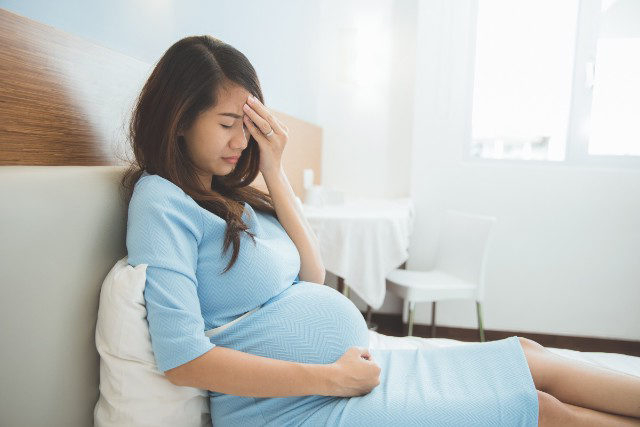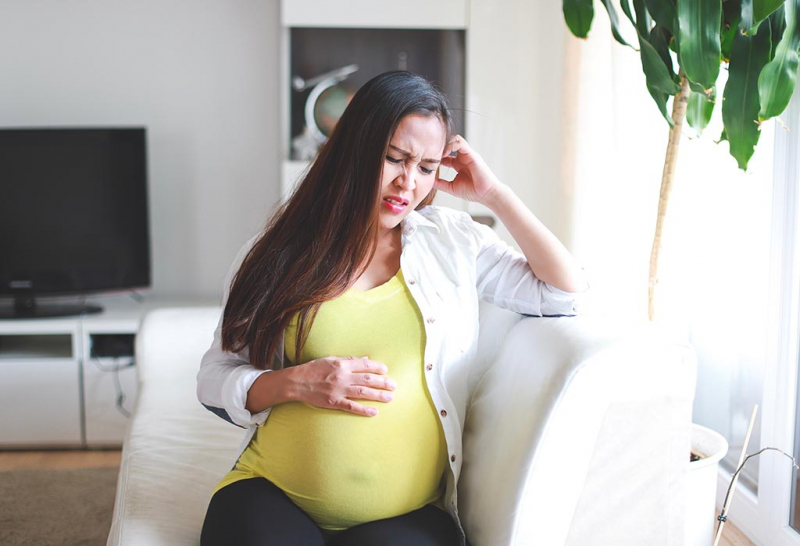Pregnancy complications
Caffeine exposure from liquids such as tea during pregnancy may raise your risk of issues such as miscarriage and poor childbirth weight. The research on the hazards of caffeine during pregnancy is conflicting, and it's still unknown how much is safe. However, most studies show that limiting your daily caffeine intake to 200-300 mg keeps the risk of problems to a minimum. However, the American College of Obstetricians and Gynecologists advises not exceeding 200 mg.
The caffeine concentration of tea varies, but it normally ranges between 20 and 60 mg per cup (240 ml). To stay on the safe side, limit your daily consumption to no more than 3 cups (710 ml). To reduce caffeine exposure during pregnancy, some people opt to consume caffeine-free herbal teas instead of ordinary tea. However, not all herbal teas are suitable for consumption during pregnancy. Herbal drinks containing black cohosh or licorice, for example, may cause preterm labor and should be avoided. If you're pregnant and have questions about your caffeine or herbal tea use, see your doctor.










